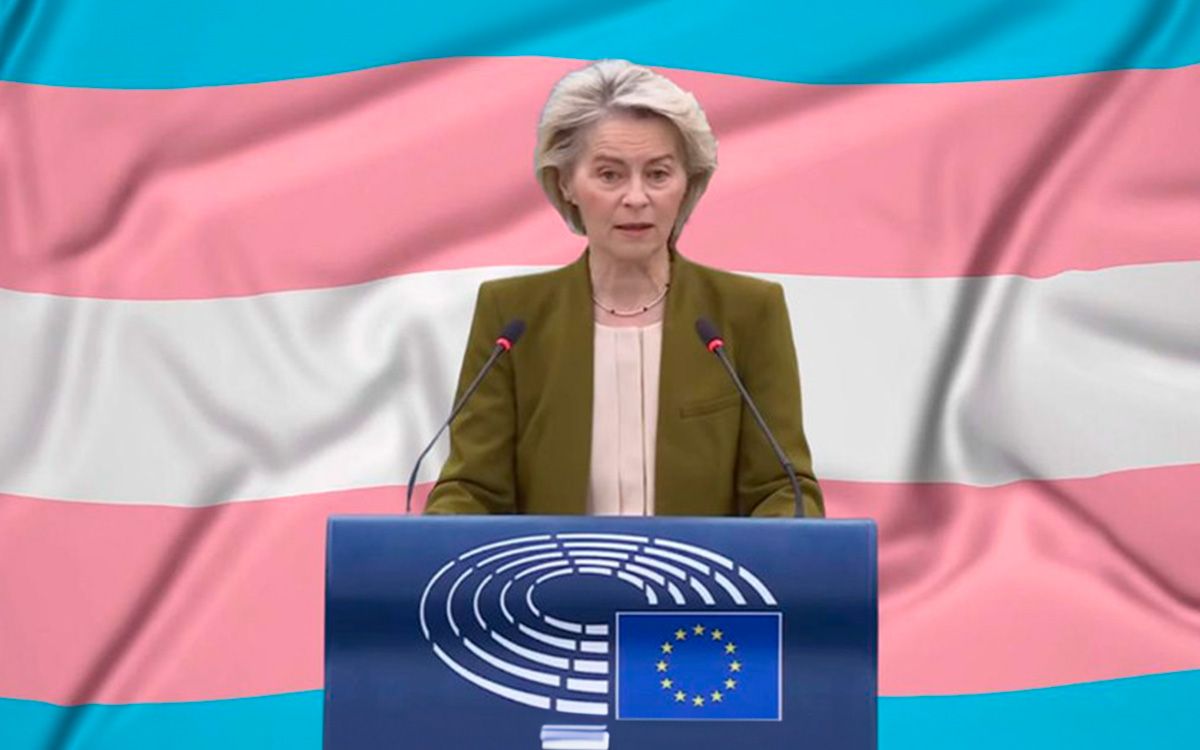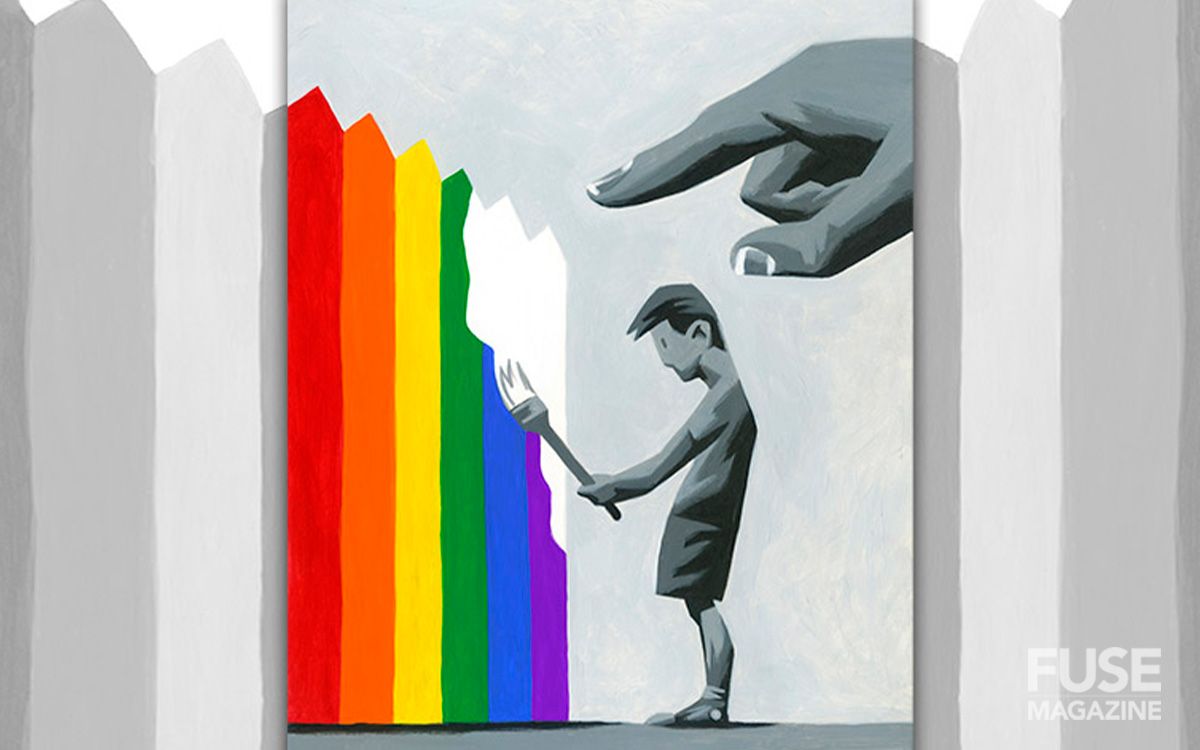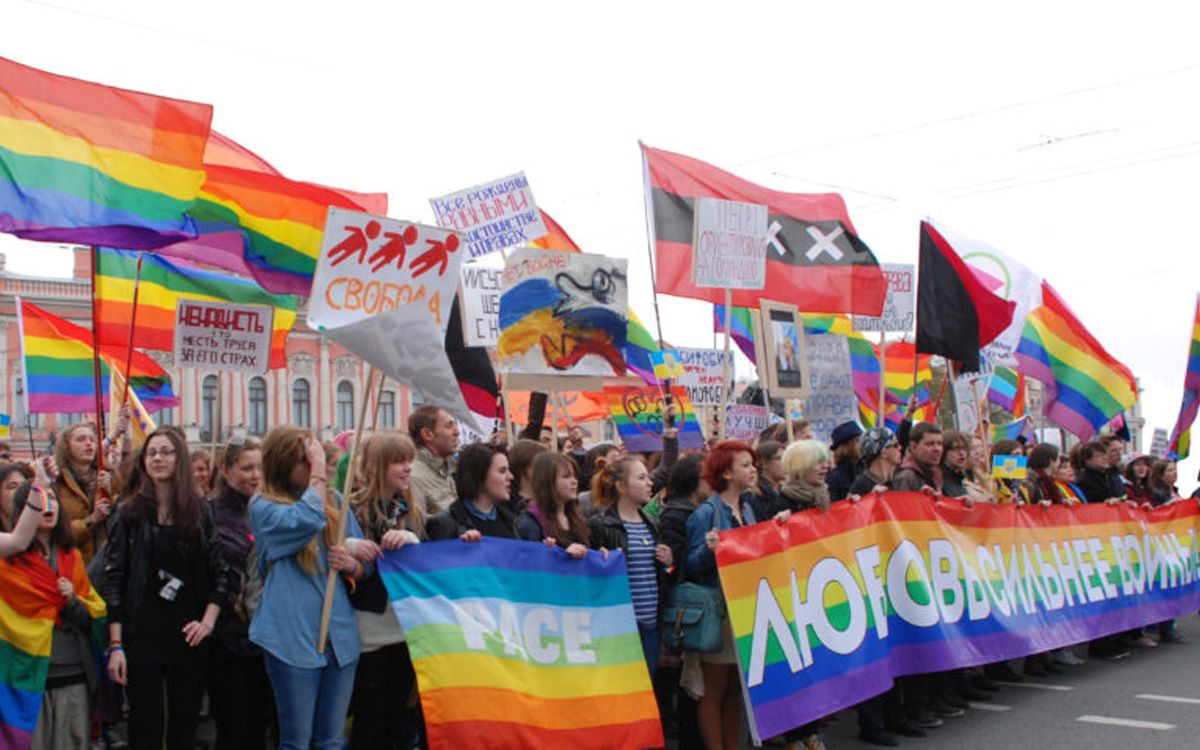Italy's surrogacy law unfairly impacting same-sex couples

Italy's parliament has recently passed a controversial law making it illegal for couples to seek surrogacy services abroad, a move that has sparked debate across Europe and raised concerns about LGBTIQ+ rights. The legislation, which extends an existing domestic ban on surrogacy, imposes penalties of up to two years in prison and fines of up to €1 million for those who travel overseas to pursue surrogacy arrangements.
Critics argue that the law disproportionately affects gay and lesbian couples, who often rely on surrogacy as a path to parenthood. In Italy, same-sex couples are already prohibited from adopting children or accessing IVF. Alessia Crocini, president of Rainbow Families in Italy, noted that while 90% of Italians using surrogacy are heterosexual couples, the new law is likely to have a greater impact on gay couples who cannot easily conceal their surrogacy arrangements.
Italy's stance on surrogacy is not unique in Europe, but the new law represents one of the most restrictive approaches to date. Several other European countries have varying degrees of restrictions. France, Spain, and Germany also prohibit all forms of surrogacy. In the United Kingdom, surrogacy is allowed, but with strict regulations on compensation and parental rights.
Greecep ermits surrogacy for foreign couples but requires a woman to be part of the relationship, effectively excluding gay male couples.
The law is seen as part of a broader conservative social agenda championed by Prime Minister Giorgia Meloni and her Brothers of Italy party. Meloni has previously described surrogacy as "inhuman" and likened it to treating children as commodities.
Protesters recently gathered near the Italian Senate to voice their opposition to the law, arguing that it unfairly targets LGBTIQ+ individuals and undermines those wishing to become parents. Franco Grillini, a veteran queer rights activist in Italy, criticised the legislation as "outrageous," stating that no other country enforces such restriction.
The new Italian law highlights the complex and varied landscape of gay family rights across Europe. While some countries have made strides in recognising same-sex partnerships and expanding access to adoption and fertility treatments, others maintain restrictive policies. The disparity in laws has led some couples to seek surrogacy services in more permissive countries, a practice that Italy's law aims to prevent.
As Europe grapples with these issues, this new law serves as a focal point in the ongoing debate over LGBTIQ+ rights, reproductive freedoms, and the legal recognition of diverse family structures.
In Australia, Altruistic surrogacy is legal in all states and territories, but specific eligibility requirements vary. Commercial surrogacy is where the surrogate mother makes a profit from the arrangement. That is, she is paid more than the medical and legal expenses.








